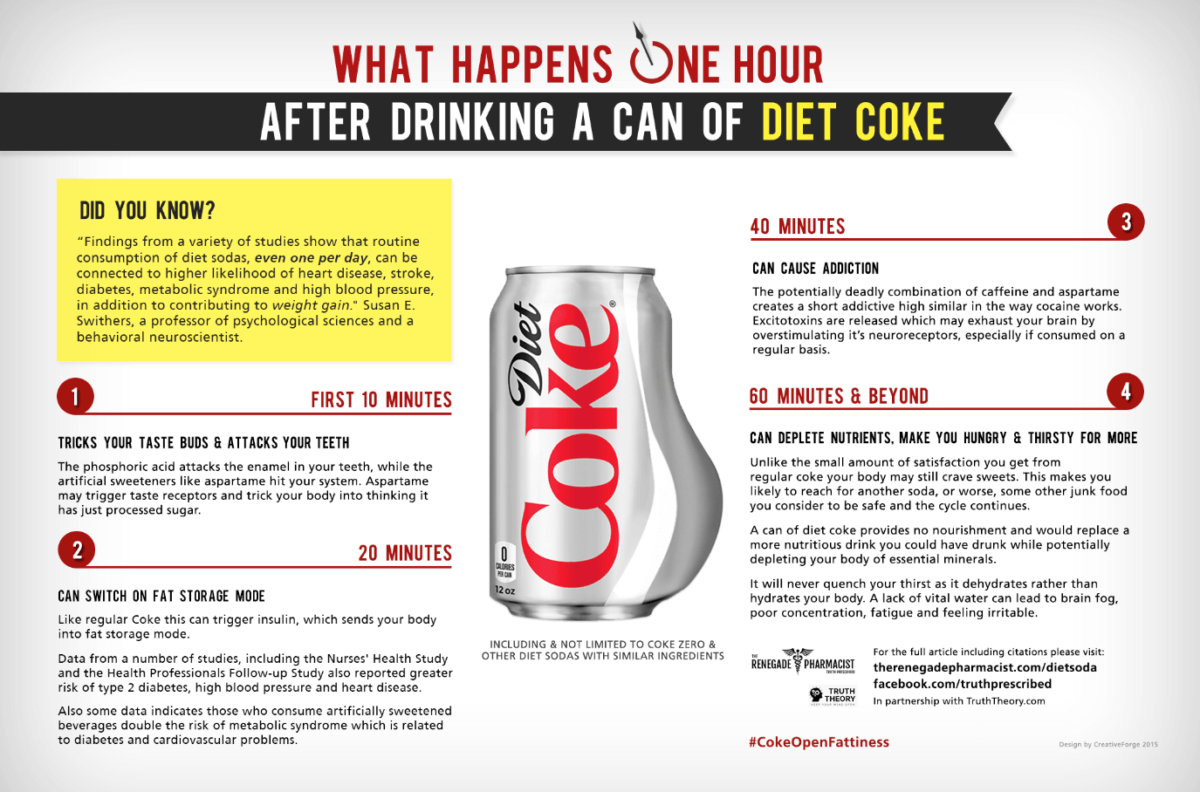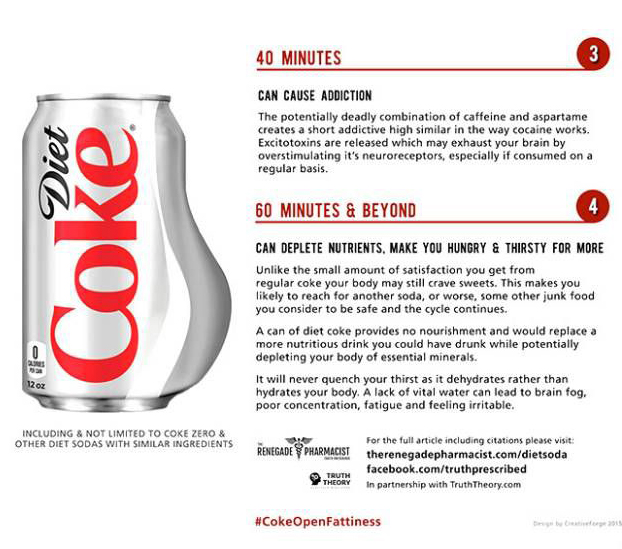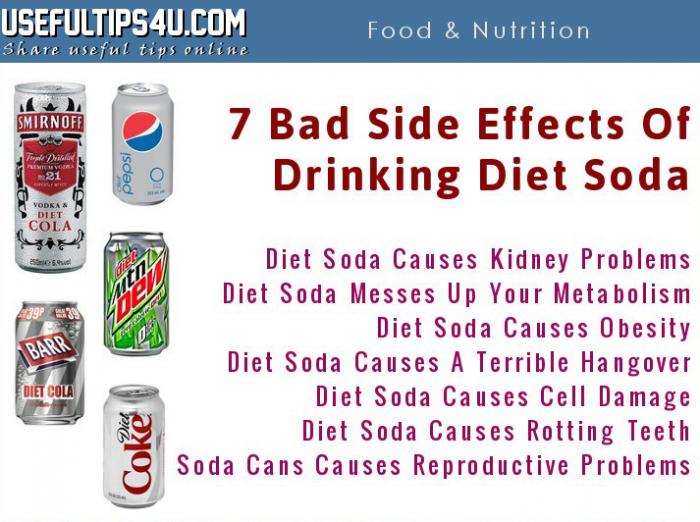Health Side Effects Of Diet Coke

Health Side Effects Of Diet Coke
What is Diet Coke?
Diet Coke is a popular carbonated beverage, made by the Coca-Cola Company. It was introduced in 1982 and has since become one of the most widely consumed soft drinks in the United States. Diet Coke is a low-calorie alternative to regular Coke, containing only 1 calorie per 8-ounce serving. It is sweetened with an artificial sweetener, aspartame, instead of sugar.
Possible Side Effects
While Diet Coke has been marketed as a health-conscious alternative to regular Coke, it is important to be aware of the potential side effects. The main ingredient in Diet Coke, aspartame, has been linked to various health problems, including headaches, dizziness, and mood changes. In addition, research suggests that drinking Diet Coke on a regular basis may increase your risk of kidney damage, stroke, and metabolic syndrome.
Headaches and Dizziness
A common side effect of Diet Coke is headaches and dizziness. This is most likely due to the aspartame content in the beverage. Aspartame is made up of two amino acids, aspartic acid and phenylalanine, which may cause headaches and dizziness when consumed in high doses. If you experience these symptoms after drinking Diet Coke, it is best to reduce your intake or switch to another beverage.
Mood Changes
Another possible side effect of Diet Coke is mood changes. Studies have found that people who consume large amounts of aspartame-containing beverages, such as Diet Coke, may be at an increased risk of developing depression and anxiety. If you are feeling down or irritable after drinking Diet Coke, it may be beneficial to reduce your intake or switch to another beverage.
Kidney Damage and Metabolic Syndrome
Research suggests that drinking Diet Coke on a regular basis may increase your risk of kidney damage and metabolic syndrome. A study conducted at the Harvard T.H. Chan School of Public Health found that people who drank two or more servings of diet soda per day had a 30 percent higher risk of developing chronic kidney disease compared to people who did not drink any diet soda. Additionally, research suggests that drinking Diet Coke may also increase your risk of developing metabolic syndrome, a condition characterized by a combination of high blood pressure, high blood sugar, and abnormal cholesterol levels.
Conclusion
Overall, it is important to be aware of the potential side effects of drinking Diet Coke. While it may be marketed as a health-conscious alternative to regular Coke, it is important to be aware of the potential risks associated with regular consumption. If you experience any of the side effects listed above after drinking Diet Coke, it is best to reduce your intake or switch to another beverage.
Infographic: Is Diet Coke bad for you? – Metro US

i could cry, quitting diet coke will be a very difficult task. | Health

This is what happens to your body after drinking diet coke

5 SHOCKING Things COCA COLA DOES TO YOUR BODY! (Coke -- Health Facts

Diet Coke Metabolism Effects - DIETAIS

What REALLY Happens To Your Body One Hour After Drinking Coke | HuffPost UK
Diet Coke Side Effects Aspartame - DIETAIS

Pin by Megan Rossoni on Beware! ☠️ | Health, Diet soda, Natural health

Diet Soda can cause Depression, and Will Ruin your Sex Drive! - Health

Dangers | Diet soda dangers, Diet soda, Plexus products
